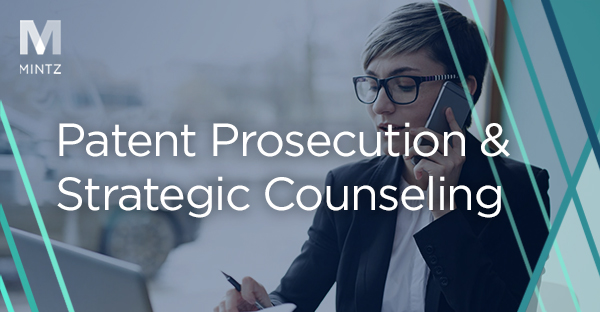
Mastering Your Case Top 7 Strategies for Accident Lawyers
Introduction
Navigating the complex landscape of accident law requires more than just legal knowledge; it demands strategic finesse and tactical mastery. For accident lawyers seeking to excel in their practice, understanding and implementing effective strategies can make all the difference between a favorable outcome and a disappointing result. In this article, we delve into seven key strategies that can empower accident lawyers to master their cases and achieve success for their clients.
Building a Strong Foundation
The foundation of any successful case lies in thorough preparation and investigation. Accident lawyers should dedicate ample time and resources to gather evidence, interview witnesses, and assess the full extent of their client’s injuries and damages. By leaving no stone unturned in the initial stages, lawyers can build a solid foundation upon which to construct their case.
Crafting a Compelling Narrative
In the courtroom, storytelling is a powerful tool for persuasion. Accident lawyers should craft a compelling narrative that resonates with judges and juries, effectively conveying the key facts of the case and framing them in a favorable light for their client. By weaving together a coherent and persuasive story, lawyers can captivate the attention of decision-makers and sway them in their client’s favor.
Strategic Negotiation
Not all cases go to trial, and many are resolved through negotiation and settlement. To achieve the best possible outcome for their clients, accident lawyers must be adept negotiators, capable of leveraging strengths and exploiting weaknesses in the opposing party’s position. By adopting a strategic approach to negotiation, lawyers can secure favorable settlements that provide fair compensation for their clients’ injuries and losses.
Utilizing Expert Witnesses
Expert witnesses can be invaluable assets in accident cases, providing specialized knowledge and insights that can bolster a lawyer’s arguments and credibility. Whether it’s a medical expert explaining the extent of a client’s injuries or an accident reconstructionist reconstructing the sequence of events, leveraging expert testimony can lend crucial support to a lawyer’s case and enhance its persuasiveness.
Adapting to Adversity
In the world of accident law, unexpected challenges and obstacles are par for the course. Successful lawyers must be nimble and adaptable, able to pivot and adjust their strategies in response to changing circumstances. Whether it’s a sudden development in the case or a curveball thrown by the opposing party, lawyers who can think on their feet and adapt on the fly are better positioned to secure positive outcomes for their clients.
Empathetic Advocacy
At its core, accident law is about advocating for individuals who have been wronged and suffered harm through no fault of their own. Effective advocacy requires more than just legal expertise; it demands empathy and compassion for clients who are navigating the aftermath of a traumatic event. By truly understanding and empathizing with their clients’ experiences, lawyers can better represent their interests and pursue justice on their behalf.
Continuous Learning and Improvement
Finally, mastering the art of accident law is an ongoing journey that requires dedication to continuous learning and improvement. Laws and legal precedents are constantly evolving, and successful lawyers must stay abreast of the latest developments in their field. By investing in professional development, staying curious, and seeking out new opportunities to expand their skills and knowledge, accident lawyers can continue to grow and excel in their practice.
In conclusion, mastering the complexities of accident law requires a multifaceted approach that encompasses thorough preparation, strategic thinking, and empathetic advocacy. By implementing these seven key strategies, accident lawyers can position themselves for success and achieve the best possible outcomes for their clients. Read more about best 7 tips for accident lawyer












